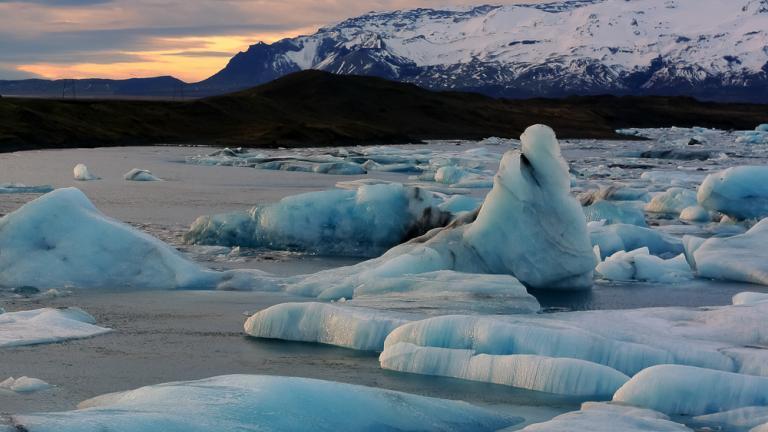
Story first published by the MIT Alumni Association; updated by MIT SHASS Communications to reflect Pierre-Louis's current role as Senior Reporter for Gimlet, the podcast company
“The number of Americans who are actually climate denialists is very small, about 10 to 15%,” says former New York Times climate reporter Kendra Pierre-Louis SM ’16, citing a 2015 study by the Yale Program on Climate Change Communication. “The far larger number accept the science but are still somewhat confused about the details of climate change. I’m writing in many ways for them.”
As a reporter on the Times climate desk — a position she held before moving recently to Gimlet, the podcasting company — Pierre-Louis says serving the Times audience began with carefully choosing the stories she pitched to her editors.
“I used to joke that I had a policy of no coral reef or sea-level stories, because those are the stories that people hear over and over again, so then that becomes people’s perception of what climate change is,” she says. As a result, people who don’t live near oceans may conclude that climate change isn’t their problem. “I’m trying to get people to understand that climate change hits you where you live, regardless of where you live,” she says.
For example, Pierre-Louis explores the links between wildfires and climate change — and explains the usefulness of small, controlled burns that “act as a kind of incendiary rake, clearing out grasses, shrubs, and other plant matter before they can overgrow to become fuel for bigger, more extreme fires.” She is always looking at all angles, she says, “constantly asking myself, what is the most important thing a reader needs to know, and how can I best communicate it?”
Pierre-Louis was pursuing a career focused on sustainable development when she authored Green Washed: Why We Can’t Buy Our Way to a Green Planet. That led to her earning a master’s at MIT in science writing, after which she landed a job covering the environment and climate change for Popular Science. Within eight months she’d written “This Is What America Looked Like Before the EPA,” a story that brought her to the attention of the Times. “I knew that the EPA had formed under Nixon with bipartisan support and had not always been this contentious agency,” she says.
At the Times, Pierre-Louis’s reporting spanned such topics as buying longer-lasting and more sustainable clothing; why Duluth, Minnesota, is America’s most climate-proof city; and the effects of climate change on children’s health. She hopes to open her readers’ eyes to potential dangers before they’ve occurred. “We understand the science of climate change from a very macro perspective,” she says, “but there are many negative impacts that no one will be able to predict.”
Pierre-Louis continues her focus on climate and sustainability as the Senior Reporter for Gimlet Media's How to Save a Planet podcast: https://gimletmedia.com/shows/howtosaveaplanet.
Her work for the New York Times is archived here: https://www.nytimes.com/by/kendra-pierre-louis
Her work has also appeared in Aeon, FiveThirtyEight, Sierra, InsideClimate News, Newsweek, and The Washington Post. In addition to her S.M. in Science Writing from MIT, Kendra has an M.A. in Sustainable Development from the SIT Graduate Institute, and a B.A. in Economics from Cornell University. Thesis: Geographies of Nowhere: Smeltertown and the Rising Wave of Environmental Refugees
Her website is: https://www.kendrawrites.com/



